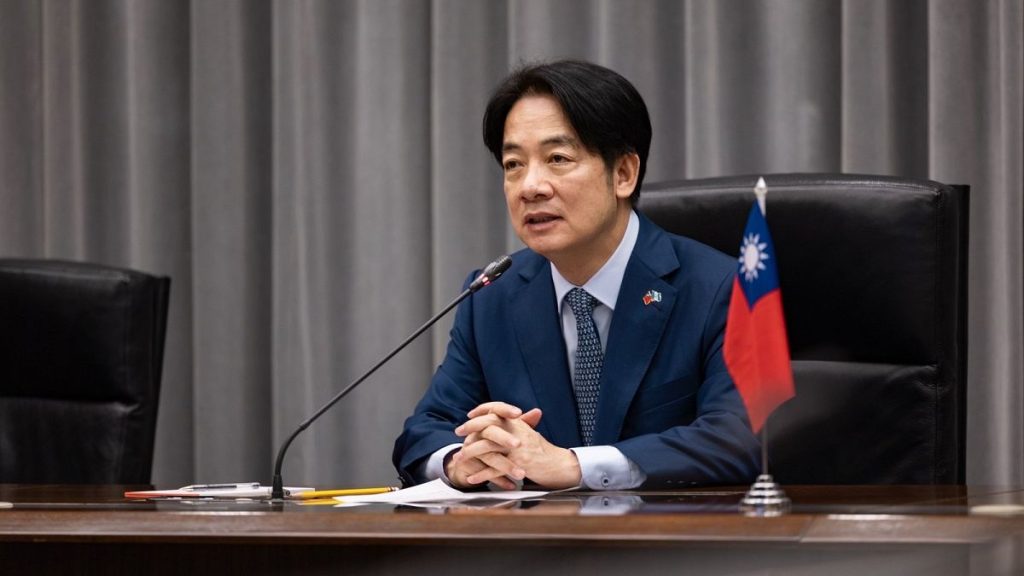William Lai, also known as Lai Ching-te, has recently been inaugurated as the new president of Taiwan, succeeding Tsai Ing-wen. Lai, who has previously served as vice-president, is seen as an enabler of continuity in Taiwan’s leadership. His presidency comes at a time of growing geopolitical tensions, particularly between China and the West. Lai has vowed to strike more investment deals, support Ukraine, and strengthen partnerships with other democracies. His background in medicine and experience in politics have shaped his approach to governance, with a focus on maintaining stability and engaging with the international community.
Lai’s presidency marks a new chapter in Taiwan’s political landscape, with a continued emphasis on Taiwan’s separate cultural and political identity from China. While Lai has expressed support for Taiwan’s independence, he has also emphasized the importance of maintaining the status quo in the Taiwan Strait through peaceful means. His stance on cross-strait relations has been met with skepticism from Beijing, which remains committed to eventual reunification with Taiwan. Lai’s efforts to engage with China have been met with mixed reactions, with Beijing dismissing Taiwan independence as doomed to failure.
One of Lai’s immediate diplomatic objectives is securing Taiwan’s participation as an observer in the World Health Assembly (WHA). Taiwan’s previous participation in the WHA under the name “Chinese Taipei” was a point of contention with Beijing, which argued that it undermined China’s diplomatic standing. Lai’s administration is working to ensure Taiwan’s inclusion in international forums where its technical expertise can add value. Despite Beijing’s objections, several countries, including Germany, France, the UK, and the US, support Taiwan’s participation in the WHA.
Lai has highlighted Taiwan’s competitive edge in semiconductor manufacturing and its potential to shape global supply chains. Taiwan’s expertise in semiconductors has positioned it as a key player in the global economy, with significant investments in the industry from countries like Germany and France. Lai’s administration aims to capitalize on geopolitical shifts to attract Taiwanese businesses back to the island and pursue bilateral investment agreements with other democracies. The EU and Taiwan have explored potential investment agreements, but the European Commission has expressed concerns about the impact on relations with Beijing.
Taiwan under Lai’s leadership is aligning itself with Western allies to counterbalance China’s influence. Despite maintaining limited official diplomatic relations, Lai is focusing on building partnerships with democratic countries to strengthen Taiwan’s international standing. Taiwan’s support for Ukraine and cooperation with Western allies signals a shift towards a more proactive engagement with global issues. Lai’s administration is prioritizing international engagement, with a focus on renewable energy, security, research, and human rights. While diplomatic recognition may remain a challenge, Taiwan’s engagement with the EU and other partners is expected to deepen in the coming years.
Overall, William Lai’s presidency in Taiwan represents a continuation of existing policies with a renewed focus on international engagement and strengthening partnerships with democratic countries. His background in medicine, experience in politics, and emphasis on stability and continuity have shaped his approach to governance. Lai’s administration aims to capitalize on Taiwan’s competitive edge in semiconductor manufacturing, attract investments, and expand partnerships with other democracies. By aligning with Western allies and supporting global issues, Taiwan seeks to enhance its global presence and contribute to a peaceful global community.


